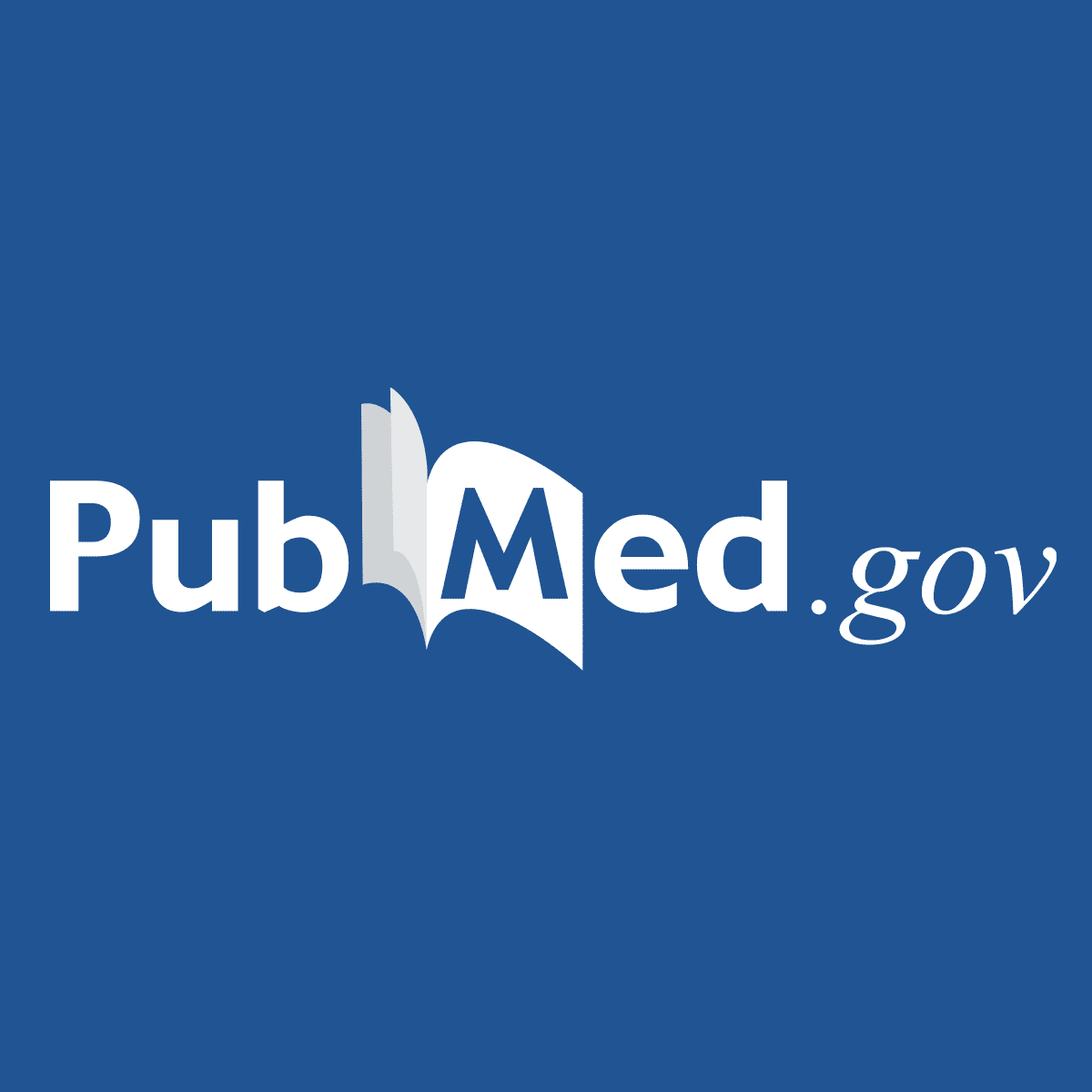hi all
I'm new to this forum and my first question is about the use of antibiotics.
In my last 20 years I have always suffered from digestive problems, especially stomach problems (slow digestion, difficulty digesting proteins), while my intestines have never given me any problems. I have tried betaine hcl supplements, digestive enzymes, ox bile, but nothing works on my stomach. I also had a test that measures the level of stomach acidity and the amount of digestive enzymes, and the test showed normal levels.
the strange thing is that every time I had to take antibiotics (tooth infections, pneumonia, sinusitis) my digestion became perfect!
I got the best results with ceftriaxone, which is a cephalosponin or amoxicillin+tetracycline.
On the contrary, I tried rifacimin+neomycin several times and even at high doses they did not give me any benefit. Rifaximin and neomycin are antibiotics that only work in the intestines, which makes me wonder if I have a bacterial problem somewhere else in the body, maybe in the stomach? By the way, I have always tested negative for helycobacter pylori.
Any idea why systemic antibiotics improve my stomach so much?
In the last few months my digestion has become worse than ever, what do you think I could try taking a course of antibiotics again despite not having any infections? I'm a little afraid to take antibiotics for no (apparent) reason, because antibiotics are known to have many side effects
Would it be healthy to take periodic short courses of antibiotics? I read in the forum that Ray Peat recommends something like this, I was wondering if anyone has ever experienced this?
I'm new to this forum and my first question is about the use of antibiotics.
In my last 20 years I have always suffered from digestive problems, especially stomach problems (slow digestion, difficulty digesting proteins), while my intestines have never given me any problems. I have tried betaine hcl supplements, digestive enzymes, ox bile, but nothing works on my stomach. I also had a test that measures the level of stomach acidity and the amount of digestive enzymes, and the test showed normal levels.
the strange thing is that every time I had to take antibiotics (tooth infections, pneumonia, sinusitis) my digestion became perfect!
I got the best results with ceftriaxone, which is a cephalosponin or amoxicillin+tetracycline.
On the contrary, I tried rifacimin+neomycin several times and even at high doses they did not give me any benefit. Rifaximin and neomycin are antibiotics that only work in the intestines, which makes me wonder if I have a bacterial problem somewhere else in the body, maybe in the stomach? By the way, I have always tested negative for helycobacter pylori.
Any idea why systemic antibiotics improve my stomach so much?
In the last few months my digestion has become worse than ever, what do you think I could try taking a course of antibiotics again despite not having any infections? I'm a little afraid to take antibiotics for no (apparent) reason, because antibiotics are known to have many side effects
Would it be healthy to take periodic short courses of antibiotics? I read in the forum that Ray Peat recommends something like this, I was wondering if anyone has ever experienced this?

